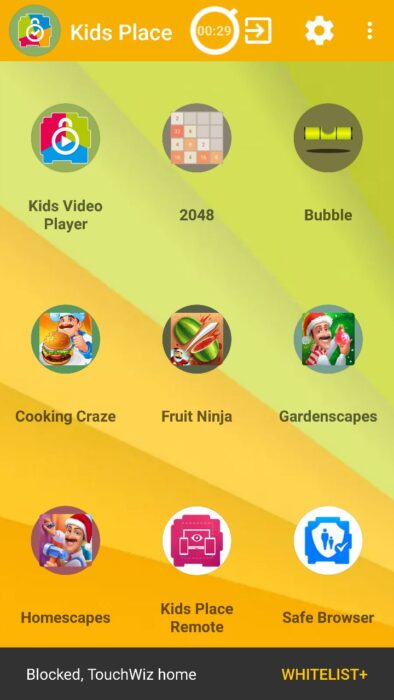In today’s digital age, parenting has become an intricate dance between fostering children’s technological literacy and managing their screen time. While screens offer boundless educational opportunities and entertainment, excessive use can lead to a host of concerns, from sleep disturbances to developmental delays. Finding the delicate balance between embracing technology and setting healthy boundaries has become a pressing challenge for modern parents.
One of the most significant issues arising from screen time is its impact on children’s physical and mental health. Excessive screen use has been linked to a sedentary lifestyle, contributing to obesity and other health problems. Moreover, prolonged exposure to screens, particularly before bedtime, can disrupt sleep patterns, leading to fatigue and irritability during the day.
Beyond physical health, excessive screen time can also affect children’s cognitive and socio-emotional development. Research suggests that heavy screen use may impede language acquisition, attention span, and social skills in young children. Furthermore, exposure to inappropriate content or online bullying can have profound emotional repercussions, affecting children’s self-esteem and mental well-being.
As parents navigate these challenges, establishing effective strategies to manage screen time is paramount. Open communication and setting clear boundaries from an early age are crucial. Encouraging a balanced lifestyle that includes outdoor play, physical activities, and face-to-face interactions can help mitigate the negative effects of excessive screen use.
Additionally, leveraging technology itself can be a valuable tool in managing screen time. Parental control apps, such as Kids Place Parental Control App, offer features that allow parents to set limits on screen time, block inappropriate content, and monitor their child’s online activities. By utilizing such tools, parents can empower themselves to guide their children’s digital experiences responsibly, ensuring a healthy balance between screen time and other activities.
In conclusion, while navigating the complexities of screen time in parenting can be daunting, it is essential to approach the issue with intentionality and awareness. By fostering a healthy relationship with technology and implementing effective strategies, parents can nurture their children’s growth while safeguarding their well-being in the digital age.
A parental control app is an essential tool for any parent looking to manage their child’s screen time and ensure their online safety. With features like child lock and kids lock, these apps allow parents to set limits on device usage and restrict access to inappropriate content. Kids mode is another valuable feature, offering a safe, child-friendly interface while limiting app usage. A reliable child monitor app helps parents keep track of their child’s digital activity, providing insights into how much time they spend on their devices. With advanced screen time control options, parents can balance their child’s entertainment and educational activities, fostering healthy tech habits. Overall, a good parental control solution offers peace of mind, empowering parents to protect and guide their children in today’s digital world.

